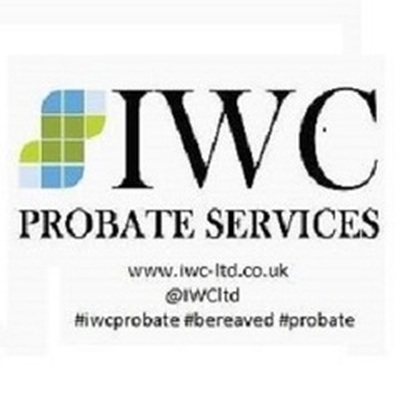- الكلمات - #executor grant of probate
-
- آخر تحديث ٤ أبريل، ٢٠٢٣ تعليق ٠ , ١٣٩ views, ٠ مثل
- Airport House, Purley Way, Croydon CR0 0XZ, UK - احصل على الاتجاهات
More from Peter John
More in Politics
Related Blogs
أرشيف
Why Executor Grant Of Probate Is Essential
الجسم
A deceased person's assets must be gathered, any debts must be settled, and then the assets must be given to the beneficiaries, according to the executor of an estate. An executor or executor is empowered by a grant of probate to administer the decedent's estate in line with the terms of the decedent's will. The executor has the authority to present the executor grant of probate to those who are currently in possession of estate assets or who are estate debtors such as banks and retirement communities who are holding bonds and demand that they transfer the assets or funds to the executor or to such other persons as the executor may nominate in accordance with the will.
An uncontested grant of probate application is examined and decided upon in chambers by the registrar. The term "grants in the common form" refers to probate grants that are issued after an uncontested application.
Only in the event that the decedent left the property, is the Supreme Court competent to hear the case. If the dead had no property, no award of probate would be issued. It might be necessary to submit an application for a grant in each location where a deceased person's assets were located if they were located in more than one state or country. You might request a resealing of the initial award, nevertheless, if the deceased owned assets in other states or foreign nations.
The requirement for a grant of probate
A grant of probate may not be required, depending on the nature, extent, and value of the assets present there. The acquisition of probate is not mandated by law in every circumstance. Certain asset owners frequently distribute lesser sums without the necessity for probate. If the deceased's assets were jointly owned as joint tenants the property would immediately transfer to the remaining joint tenant upon the death of the other joint tenant.
الصور
خريطة
-
المواقع على MyWorldGo
معلومات الموقع
- موقعك: Airport House, Purley Way, Croydon CR0 0XZ, UK - احصل على الاتجاهات
- العنوان المنسق: Airport House, 265 Purley Way, Croydon CR0 0XZ, UK
- عنوان الشارع: 265,Purley Way,Croydon
- مدينة: Greater London
- الرمز البريدي: CR0 0XZ
- حالة: England
- بلد: United Kingdom










![TruNature CBD Oil USA Reviews [2022]- Final Words](/public/sitereview_listing/69/01/04/fe0dec9f39322647dff902cb7018518e.jpg)




تعليقات